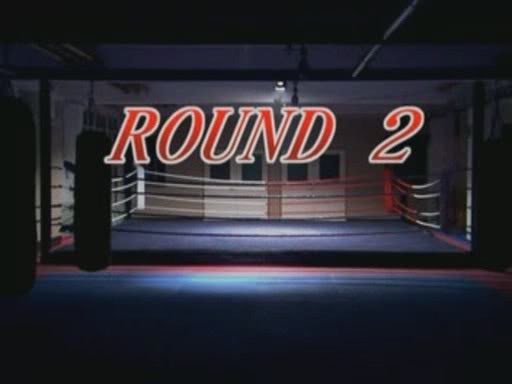AshvinP wrote: ↑Fri May 28, 2021 3:29 pm
Eugene I wrote: ↑Fri May 28, 2021 2:07 pm
AshvinP wrote: ↑Fri May 28, 2021 1:30 pm
So I am still on the
BLUE team, and will add this consideration for others to contemplate - it dawned on me while listening to BK that Steiner's remark, "
Schopenhauer wants to avoid making 'abstract thinking' the bearer of Unity in the world", is exactly right, because it is essentially a means of attacking Kant's emphasis on spiritual
faith - as long as the noumenon is kept behind an impenetrable veil, one
must allow for spiritual faith as the bearer of life meaning. And, if knowledge of the noumenon only comes through Thinking, then it is
inescapable that a Spirit (in Western theistic sense) exists which is
shared by all, now reaffirming spiritual reality based on
knowledge (as Hegel did). The
only way around that is to find the noumenon in the "blind" Will, which then undermines spiritual faith and spiritual knowledge in one fell swoop - a rather
ingenious move, even if an extremely destructive one for Western civilization.
There is no "impenetrable veil" because the "Will" (in Schopenhauer-BK terms, even though I don't like this term because it is misleading), or Existence-Awareness in Advaitic terms, by nature IS Awareness and it is therefore directly Aware of itself, it always directly consciously experiences itself. So it is not based on faith, but on a direct experience. Now, it is called a "mystical" experience simply because most people are not aware of it (including most Western thinkers and philosophers), but realizing such experience has always been the goal and the key aspect of the Eastern spiritual traditions. This experience experientially reveals the fundamental unity of Reality in its existential and experiential aspects. There is no way to describe such experience in words or ideas, it has to be experienced directly in order to be realized. And it is exactly this Awareness-Beingness which is the bearer of unity. However, the thinking and its ideal content is also a bearer of unity simultaneously with and in addition to the unity in Existence-Awareness. We are not opposing one unity to the other and not excluding one of them, but uniting them together.
This firmly puts you in RED team. We will have time for more argument in next round. Right now giving everyone a chance to catch up and comment of they like. Thanks.
The "impenetrable veil" in my comment refers to
Kant's epistemology (not Schopenhauer). Kant literally says, "
I had to get rid of knowledge to make room for faith". That is a brilliant move for a dedicated Christian, because it seems to
eternally preserve the faith in God that was clearly eroding away quickly from reason and science. Once Kant rules out any path to the noumenon by philosophy, science or anything else, the skeptic can never claim God has been disproved or faith in God is not warranted. The meaning that presents itself to us, which no one could seriously deny exists in their daily life at that time,
must emanate from some 'location' which "pure reason" can never access i.e. God.
Schopenhauer's
counter-move, as the militant skeptic of God, was equally if not more brilliant. He said to Kant, "pure reason cannot access the noumenon, but pure experience of my will
is the noumenon". Now the argument he uses to get there, as recounted by BK in that answer, is very sketchy IMO. It is along the lines of, "my body appears to me as 'matter', and everything 'outside' of my body appears to me as the
same 'matter', so what I endogenously experience within my body must also be responsible for everything I perceive outside of my body". And what he claims to endogenously experience within is body is "pure Will". It is volitional Will but utterly "blind" Will, like the way an instinctive insect appears to function.
The flaws in his argument are numerous, and Steiner captures a fair number of them within his short two paragraphs quoted, and I hope to eventually get into those, but in response to your comment the above should suffice to clarify the point I was making. Schopenhauer attacks at the core of Kant's spirituality by reducing the noumenon to blind instinctive Will, and as you have pointed out before, that is not at all in keeping with traditional Christian theology. Eventually, another person should be added into this mix, who Steiner references often, and that is Hegel. Schopenhauer and Hegel were philosophizing at the same time and, although Hegel was more popular at that time, eventually Schopenhauer's idealism proved to be much more influential (but not because of the force of his arguments, rather the Spirit of the modern Age).
